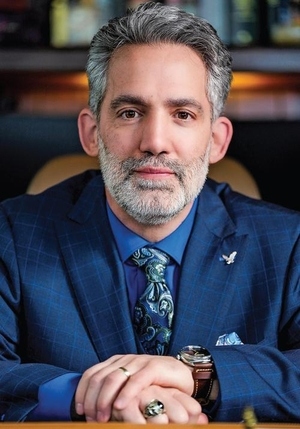Collecting medical evidence.
Victims are often in shock after a crash, causing their brains to block the worst of the pain in their bodies. This is why people who report minor injuries at the scene may feel debilitating pain in the days after the crash. If victims wait to see a doctor, the injury may be attributed to something other than the crash. X-rays, scans, and diagnostic tests performed hours after the crash can serve as vital evidence of your injuries.
Protecting your accident case.
The adrenaline rush of a crash can cause victims to say things that can hurt them later, even if they are not in their right state of mind. If you tell police officers at the scene that you are “fine” or refuse to be examined by emergency responders, it may be recorded and used by the insurance company. However, if you consent to medical treatment and a serious injury is detected, your initial remarks are easier to ignore because you are not a medical professional and you acted like a reasonable person by going to the hospital.


